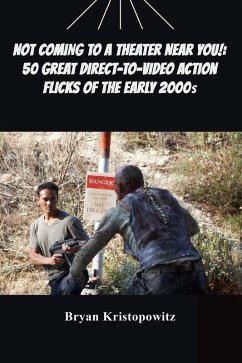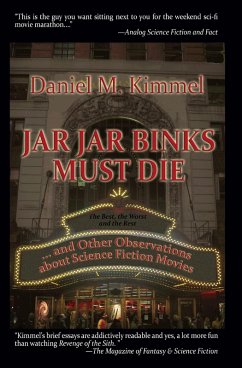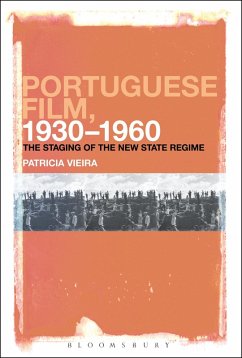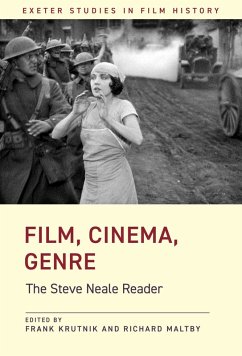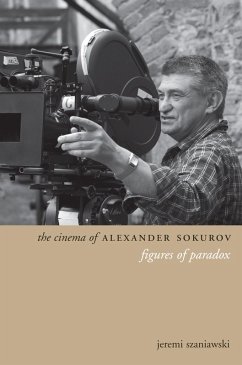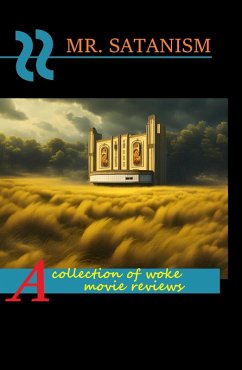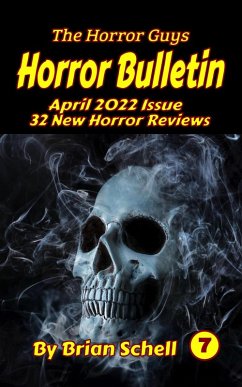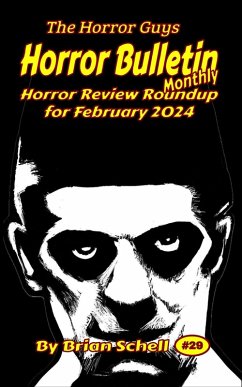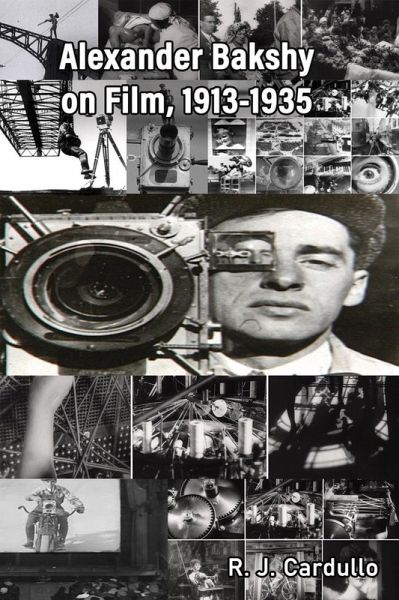
Alexander Bakshy on Film, 1913-1935 (eBook, ePUB)

PAYBACK Punkte
0 °P sammeln!
Alexander Bakshy (1885-1949) was the first movie critic for the Nation (1927-33) as well as one of America's first full-time professional film critics. He was known during his lifetime for his prescience as he stood up for the future of sound cinema in 1929. Bakshy was thus one of the more progressive cultural critics of the years between the world wars, one who did his part in easing the movies toward acceptance as an art form. He was also an innovative theorist (again, one of America's first) who applied to cinema the discourse of self-reflexive modernism, prizing anti-illusionist medium-awa...
Alexander Bakshy (1885-1949) was the first movie critic for the Nation (1927-33) as well as one of America's first full-time professional film critics. He was known during his lifetime for his prescience as he stood up for the future of sound cinema in 1929. Bakshy was thus one of the more progressive cultural critics of the years between the world wars, one who did his part in easing the movies toward acceptance as an art form. He was also an innovative theorist (again, one of America's first) who applied to cinema the discourse of self-reflexive modernism, prizing anti-illusionist medium-awareness. In Alexander Bakshy on Film, 1913-1935-the only such collection by Bakshy-the reader gets thoughtful commentary on such important films as Chaplin's City Lights, Eisenstein's Ten Days That Shook the World, Dreyer's The Passion of Joan of Arc, Clair's Sous les toits de Paris, Pabst's Kameradschaft, Kinugasa's Slums of Tokyo, Lubitsch's Trouble in Paradise, Dovzhenko's Earth, and Milestone's All Quiet on the Western Front; and penetrating insight into such significant directors as Alfred Hitchcock, Frank Capra, Jean Renoir, F. W. Murnau, George Cukor, Vsevolod Pudovkin, and Howard Hawks. The reader is also treated, in Alexander Bakshy on Film, 1913-1935, to evidence of Bakshy's penchant for "theoretizing" in essays on film acting, experimental or art-house movie theaters, and sound vs. silent cinema. Indeed, this collection of film criticism is one of the few to embrace both the silent and sound periods (along with the black-and-white and color eras), and it is the only collection of film criticism by an early critic of the medium that embraces a fully modernist perspective. In Alexander Bakshy on Film, 1913-1935, Bakshy's work thus finally receives some of the attention it deserves, attention heretofore reserved for other early American movie critics such as James Agee-who himself began writing reviews for the Nation in 1942. R. J. Cardullo was the regular film critic for the Hudson Review in New York City from 1987 to 2007; prior to and during the same period, he taught for four decades at the University of Michigan, Colgate, Wesleyan, and New York University. Cardullo is the author, editor, or translator of a number of books, including, for this press, Bruce Beresford on Film (2022); Film Analysis: A Casebook (John Wiley, 2015); Soundings on Cinema: Speaking to Film and Film Artists (SUNY Press, 2008); In Search of Cinema: Writings on International Film Art (McGill-Queens UP, 2004); and Bazin at Work: Major Essays & Reviews from the '40s & '50s (Routledge, 1997). Educated at Tulane and Yale, he now lives in Finland with his wife and "Bertie" the mixed terrier.
Dieser Download kann aus rechtlichen Gründen nur mit Rechnungsadresse in A, B, CY, CZ, D, DK, EW, E, FIN, F, GR, H, IRL, I, LT, L, LR, M, NL, PL, P, R, S, SLO, SK ausgeliefert werden.




